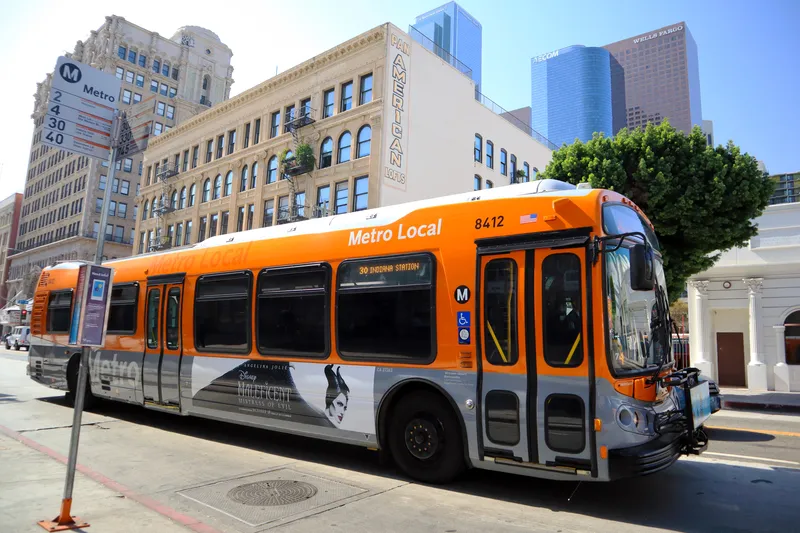The latest developments and results from the four pilot trials being run under the European R&D&i project, MobiWallet, led by Indra, will be presented today at the sixth European Transport Research Arena Conference in Warsaw, Poland.
MobiWallet aims to improve transport in Europe by allowing the combined use of public and private transport, as well as additional services to make for better mobility and render transport smarter and more sustainable. In addition to offering integrated payments for all adde
April 18, 2016
Read time: 2 mins
The latest developments and results from the four pilot trials being run under the European R&D&i project, MobiWallet, led by Indra, will be presented today at the sixth European Transport Research Arena Conference in Warsaw, Poland.
MobiWallet aims to improve transport in Europe by allowing the combined use of public and private transport, as well as additional services to make for better mobility and render transport smarter and more sustainable. In addition to offering integrated payments for all added-value services, the solution allows multi-modal route planning, smart fare selection, the use of augmented reality to access transport real-time information, parking availability and car sharing opportunities.
The pilots, which are taking place in Santander, Spain, Pisa and Florence, Italy, Novi Sad, Serbia and the West Midlands region of the United Kingdom, have tested a range of systems Near Field Communication (NFC); QR codes, augmented reality and more) and have covered a variety of transport modes. This has ensured that MobiWallet has not only driven progress toward the design of a single and interoperable payment solution for the different modes involved in each pilot program, but also allowed users in one city to buy tickets for transport in another, either via the same application or by providing simple access to apps used by other cities. This does away with the need to register for a different application and allows users to pay with funds from their virtual wallet.
According to Indra, MobiWallet is demonstrating that single mobile payment technology for different modes of urban transport is just around the corner and can even extend across European borders, which it says is backed up by the results being reported from the various systems that have been deployed to date.
With a budget of US$4.9 million (€4.3 million) financed by the EU Innovation and Competitiveness Framework Program (CIP), MobiWallet aims to provide transport users and cities with new technologies to promote smarter, cheaper and more sustainable transport, greater energy efficiency, and to drive the transition toward smart cities.
MobiWallet aims to improve transport in Europe by allowing the combined use of public and private transport, as well as additional services to make for better mobility and render transport smarter and more sustainable. In addition to offering integrated payments for all added-value services, the solution allows multi-modal route planning, smart fare selection, the use of augmented reality to access transport real-time information, parking availability and car sharing opportunities.
The pilots, which are taking place in Santander, Spain, Pisa and Florence, Italy, Novi Sad, Serbia and the West Midlands region of the United Kingdom, have tested a range of systems Near Field Communication (NFC); QR codes, augmented reality and more) and have covered a variety of transport modes. This has ensured that MobiWallet has not only driven progress toward the design of a single and interoperable payment solution for the different modes involved in each pilot program, but also allowed users in one city to buy tickets for transport in another, either via the same application or by providing simple access to apps used by other cities. This does away with the need to register for a different application and allows users to pay with funds from their virtual wallet.
According to Indra, MobiWallet is demonstrating that single mobile payment technology for different modes of urban transport is just around the corner and can even extend across European borders, which it says is backed up by the results being reported from the various systems that have been deployed to date.
With a budget of US$4.9 million (€4.3 million) financed by the EU Innovation and Competitiveness Framework Program (CIP), MobiWallet aims to provide transport users and cities with new technologies to promote smarter, cheaper and more sustainable transport, greater energy efficiency, and to drive the transition toward smart cities.










